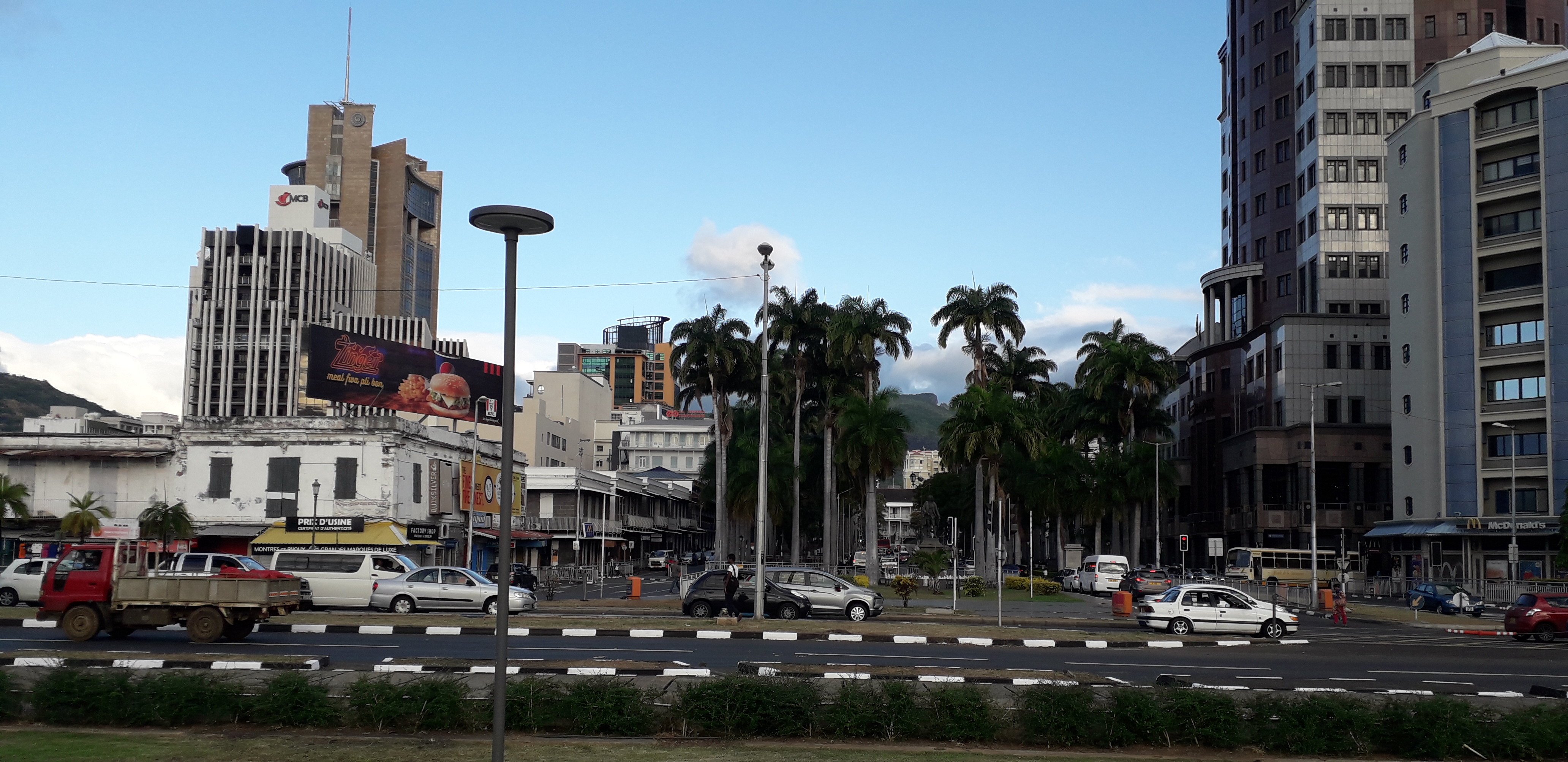Political Participation in Mauritius: Polls, parties, and everyday practices
Field Research Training 2019
Political participation is about a wide range of how people can get involved in influencing, shaping, rejecting or utilizing public affairs. It goes far beyond voting in elections. Political participation includes forms of resistance against specific public policies, social media campaigns that pressure for political change, the animation of associations that fight for ideas about how the society should look like, involvement in party politics or as an elected representative, and many more ways of individuals and groups interacting with the state and the general public. Processes of electoral competition, including the organized voicing of interests and ideas, representation in elected assemblies, and citizens’ voting and turnout behaviour are core elements of democratic participation.
The field research training included classes in which the participants were prepared in thematic, theoretical and methodical skills before leaving to the field. Subsequently, the graduate students spent six weeks of organized field research in the republic of Mauritius in cooperation with the University of Mauritius.
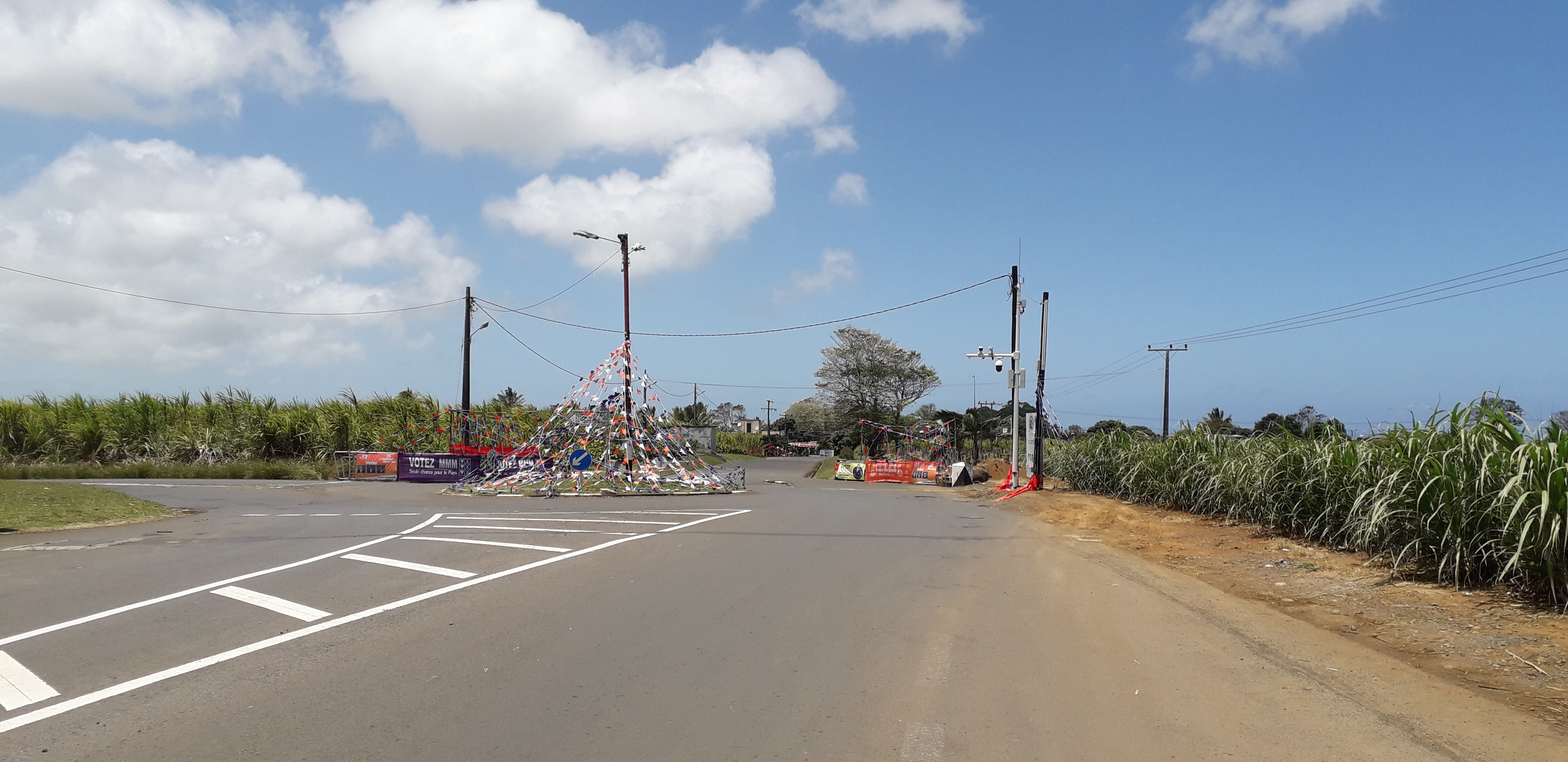
Street Campaigning in the Mauritian Countryside (by Alexander Stroh, CC BY-NC 3.0)
Participants of either track were invited to join Processes of political participation heat up before elections, campaigning mobilizes political parties, candidates seek the best strategy to get elected, the media closely follows the events and the people’s interest in politics surges. Thus, the national elections that took place in the Republic of Mauritius in late 2019 provided an excellent opportunity to study political participation, electoral competition, and democratic development in an African country.
The following abstracts provide insights in some of the individual research conducted during the field research in Mauritius. The abstracts were written either in German or English, depending on the language of each respective Master's thesis that was written in the aftermath of the research.
- Repräsentanz von Frauen im Parlament in Mauritius (Janine Hildenbeutel) Einklappen
-
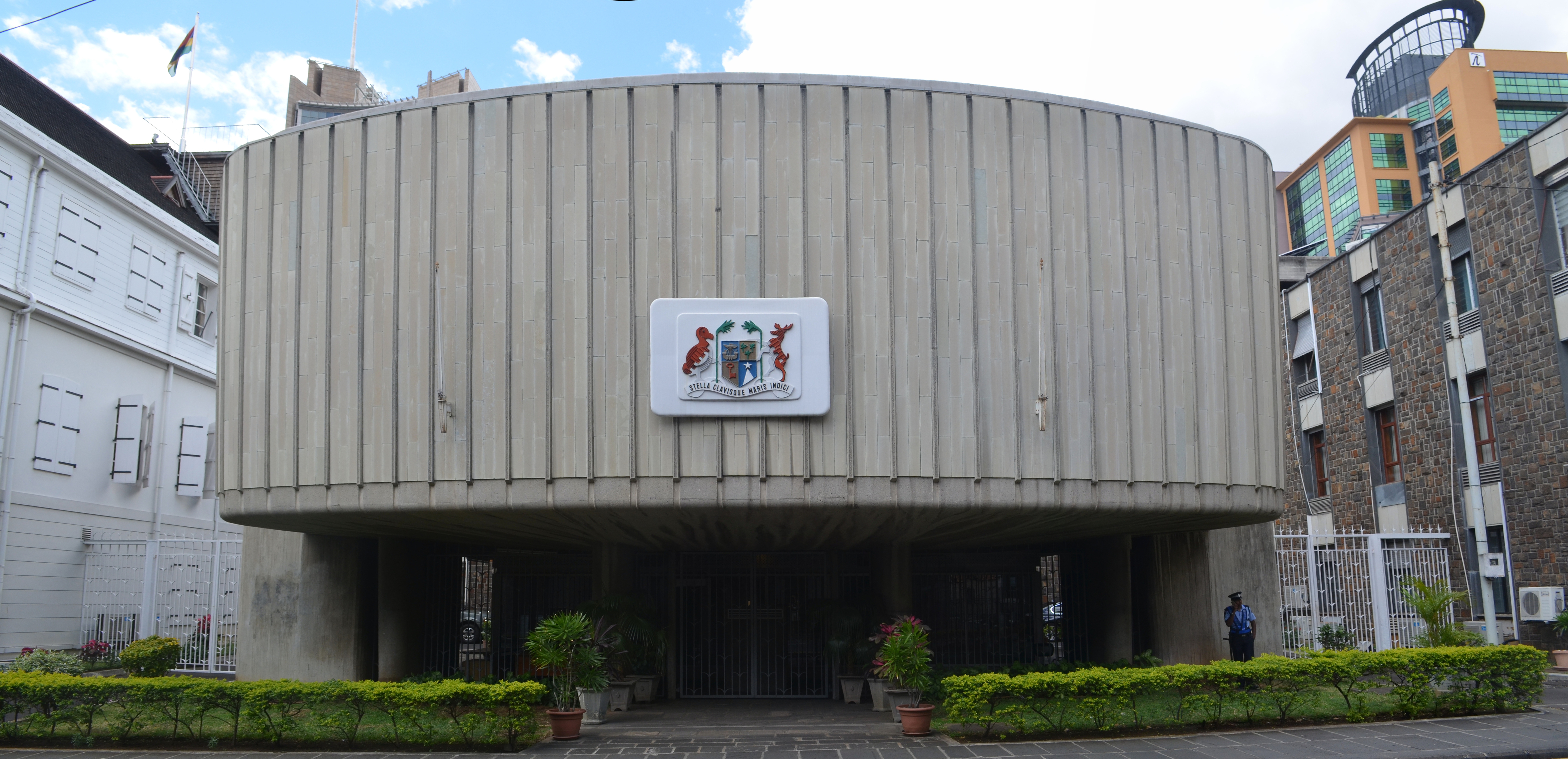
Parliament Building, Port Louis, Republic of Mauritius (by Karsten Ratzke, CC0 1.0)
Die Unterrepräsentation von Frauen in hohen politischen Ämtern ist weltweit in vielen Nationen zu beobachten (Kortendiek et al. 2018). Auch in Mauritius ist die Anzahl der weiblichen Parlamentsmitglieder sehr gering und stellt somit keine ausgeglichene Repräsentation der Bevölkerung dar (Mauritius Statistics). Aus diesem Grund beschäftigt sich diese Masterarbeit mit der Frage: „Welche Faktoren erhöhen die Chance für eine Frau in die mauritische Nationalversammlung gewählt zu werden?“. Dabei soll der Fokus darauf gelegt werden, inwiefern im Globalen Norden entwickelte theoretische Ansätze als Beantwortung der Forschungsfrage in einem kontextfremden Umfeld angewendet werden können und welche Rollen feministische Denkansätze aus dem Globalen Süden bei der Beantwortung der Forschungsfrage spielen. Zudem wurden zu Beginn eine Wahldatenanalyse sowie semi-strukturierte Interviews im Feld durchgeführt.
Erste Ergebnisse zeigen, dass vor allem die vorherrschende patriarchale Gesellschaftsstruktur einen Faktor darstellt, der die Chance einer Frau in die mauritische Nationalversammlung gewählt zu werden, reduziert. Auch die Partei-Struktur und institutionelle Faktoren zeigen diesen Effekt auf. Zudem kann man erkennen, dass Frauen, die im Parlament vertreten sind, nur schwer für eine verstärkte Repräsentation von Frauen in der Politik einstehen können, da somit ihre Nominierung für die nächsten Wahlen gefährdet ist. Somit haben diejenigen Frauen in der Politik nur eine indirekte Macht und stellen eher ein Sprachrohr für die männlichen Parteiführer dar.
- Political Representation of Ethnic Minorities in Mauritius (Sandra Hümmer)Einklappen
-
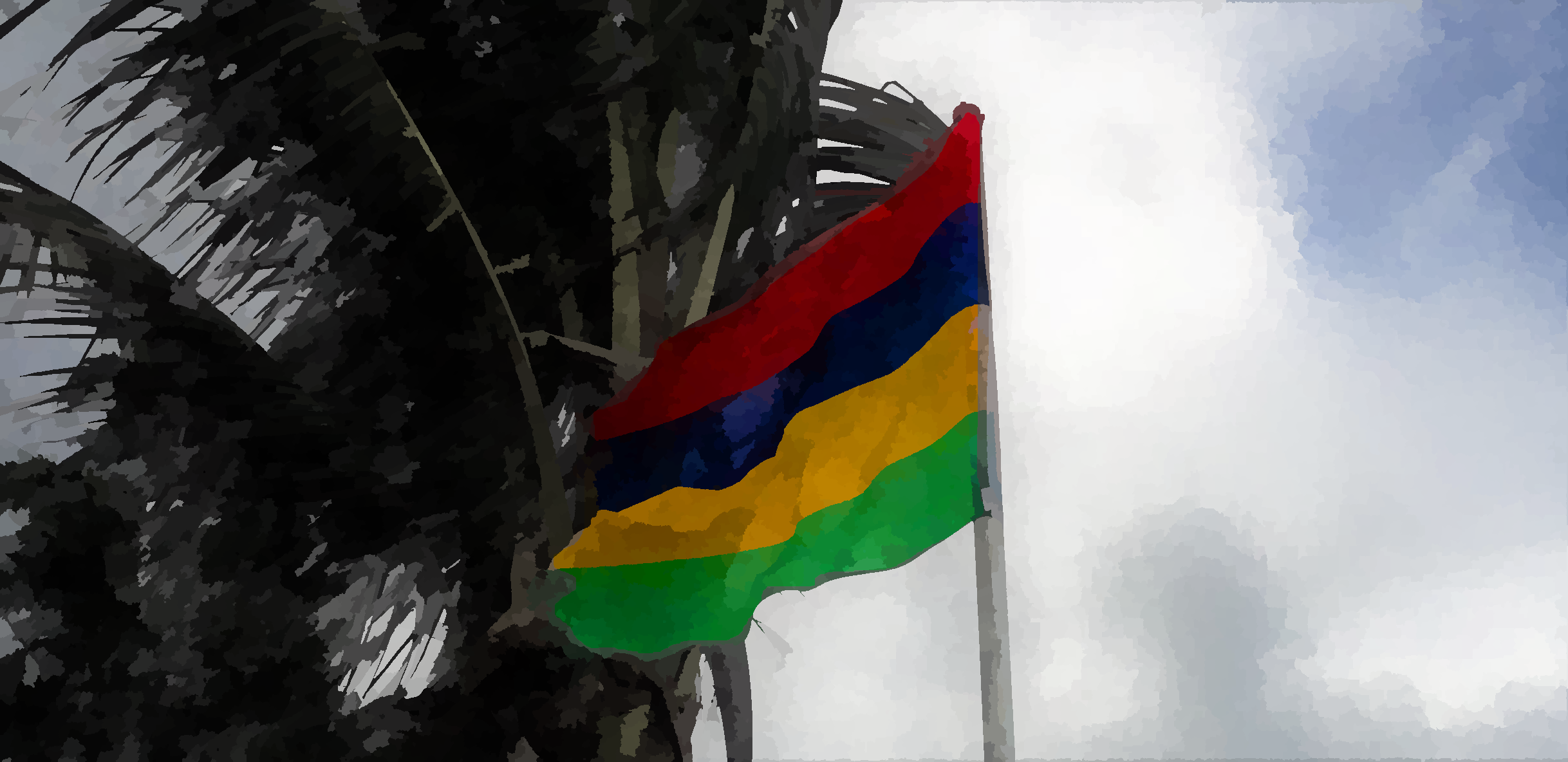
Mauritian Colours (by Alexander Stroh, CC BY-NC 3.0)
More and more voices are raised that marginalized social groups such as ethnic minorities should be represented in politics to reflect the complex reality in the society.
One worldwide unique measure with the aim of a proportional representation of ethnic groups on the national level in politics has been implemented in Mauritius, the Best Loser System. So far, only empirical literature with the focus on the dynamics of this quota system exists. This is why the research approach focuses on the Best Loser System and its influence on the nomination strategy for candidates and political parties.
First results of the research showed that the quota system with predefined ethnic groups is a questionable simplification of the complex reality of the multi-ethnic, multi-religious and multi-lingual society in Mauritius which does not consider all ethnic groups on the island. Besides, the complexity of this system and other circumstances linked to it allows power holders to stay in power and to justify at the same time that ethnic minorities are represented by number while an adequate representation of all minorities in the country remains unimplemented.
- Zur Bedeutung von privaten Radiosendern für die politische und öffentliche Teilhabe (Yao Sodjadan)Einklappen
-
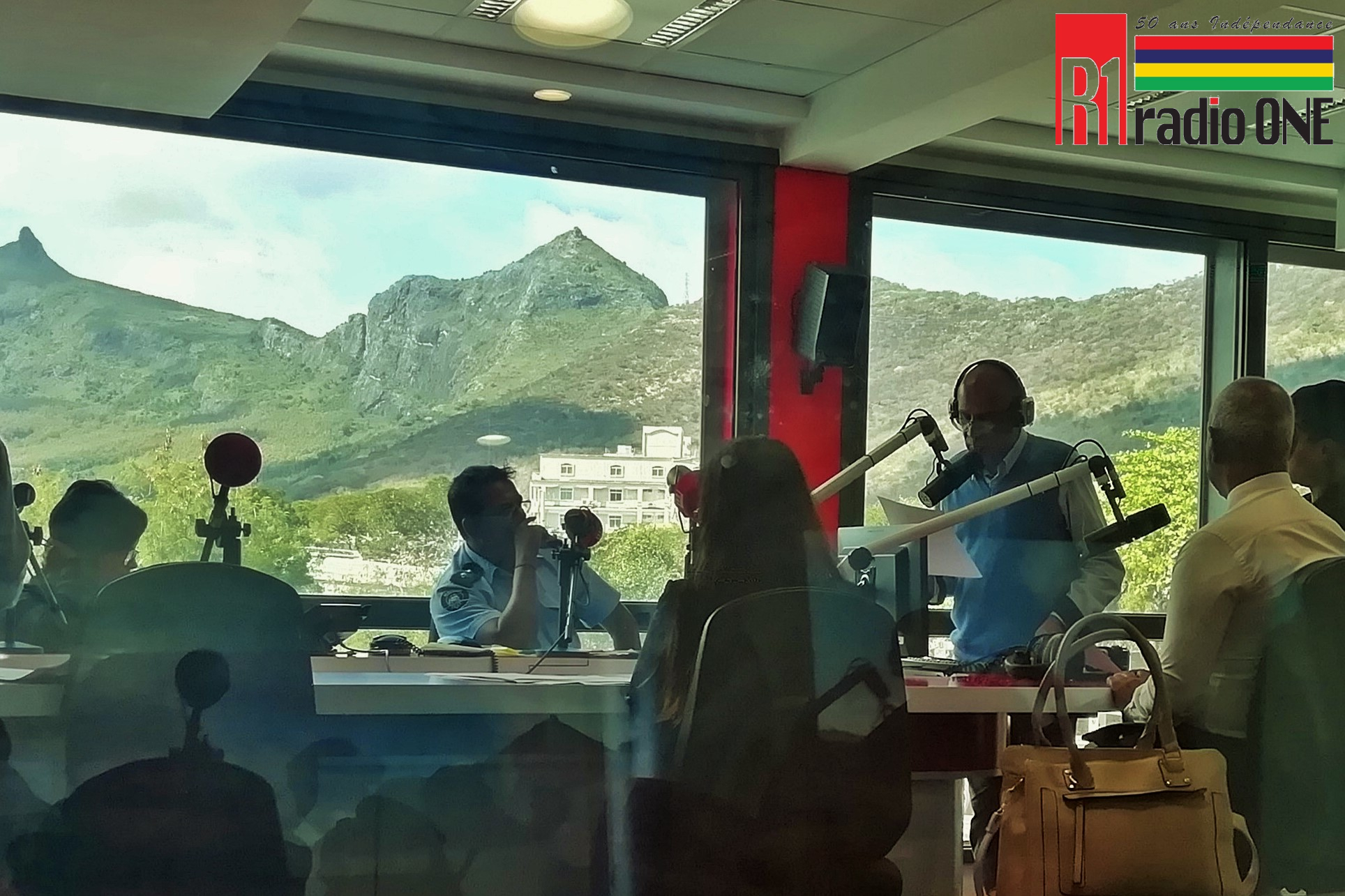
Radio One Broadcasting (by Yao Sodjadan, CC BY-NC 3.0)
Eine ausgewogene mediale Berichterstattung von politischen Debatten und Informationen spielen in einer Demokratie eine zentrale Rolle. Die Republik Mauritius gilt als eines der demokratischsten Länder auf dem afrikanischen Kontinent und eine Vielzahl von Radiosendern bietet sowohl politische als auch soziale Formate, um den Zuhörer/innen die Möglichkeit zur passiven und aktiven Partizipation zu geben; dies wird häufig als ein Indiz für eine stabile Mediendemokratie gesehen. Doch erst im Jahr 2002 konnten private Radiosender das Informationsmonopol des staatlichen Radios kippen und eine pluralistische Schilderung öffentlicher Ereignisse anregen. Das Ziel der Masterforschung mit dem Titel Welche Rolle spielen private Radiosender durch ihre politischen und sozialen Sendungen bei der Förderung politischer Partizipation in Mauritius? ist es deshalb, den besonderen Status der privaten Radiosender in der multikulturellen mauritischen Gesellschaft aufzuzeigen und die Relevanz von (medien-)demokratischen Prozessen zu hinterfragen. Die Ergebnisse der Forschung zeigen, dass private Radiosender nicht nur ein soziokulturelles und politisches Profil haben, sondern, dass interaktive Formate, die den Austausch zwischen Politiker/innen und Bürger/innen ermöglichen, im Mittelpunkt stehen.
- Soziale Medien im Wahlkampf der Republik Mauritius (Augustin Dagbégnon Awounou)Einklappen
-
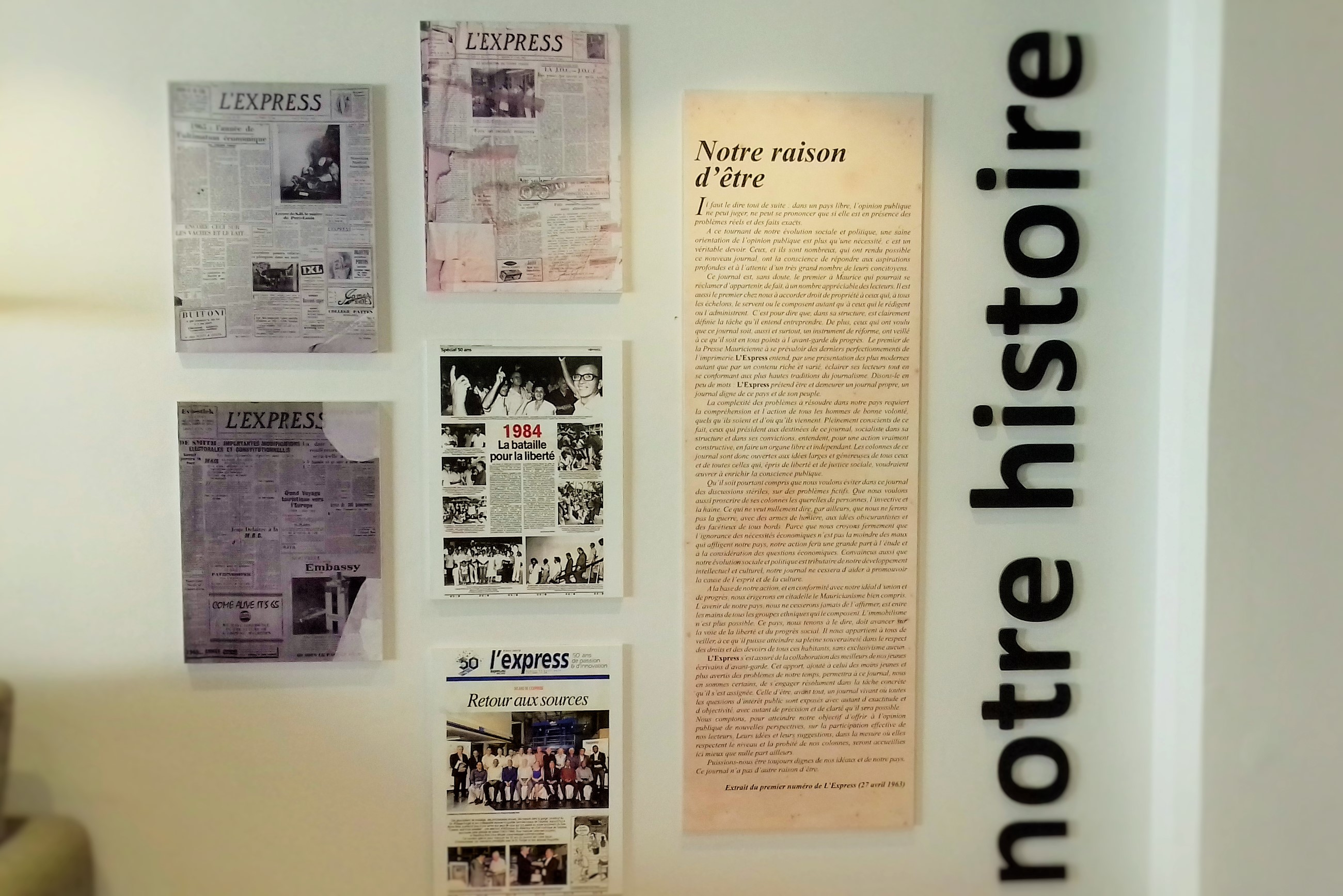
Press History (by Dagbégnon Awounou, CC BY-NC 3.0)
Diese empirische Arbeit beschäftigt sich mit der Verbindung zwischen sozialen Medien und Wahlkampf in Mauritius. Ziel ist es, herauszufinden, wie politische Parteien soziale Medien verwenden, um im Wahlkampf über ihr Wahlprogramm zu informieren und sich mit den Wählern auseinanderzusetzen. Zum Beantworten dieser Frage wurden semi-strukturierte Interviews sowie eine Analyse ausgewählter sozialer Medien durchgeführt. Aus der Analyse der durchgeführten Interviews und online gespeicherten Informationen geht hervor, dass politische Parteien ihr Programm in sozialen Medien vorstellen und diskutieren. Darüber hinaus fungieren soziale Medien als Instrument für die Darstellung des Eigenen, für politische Auseinandersetzungen im Wahlwettbewerb und für Wählermobilisierung.
Banner Foto: Alexander Stroh (CC BY-NC 3.0)

